Risk and Reward in Austria’s Warming Wachau
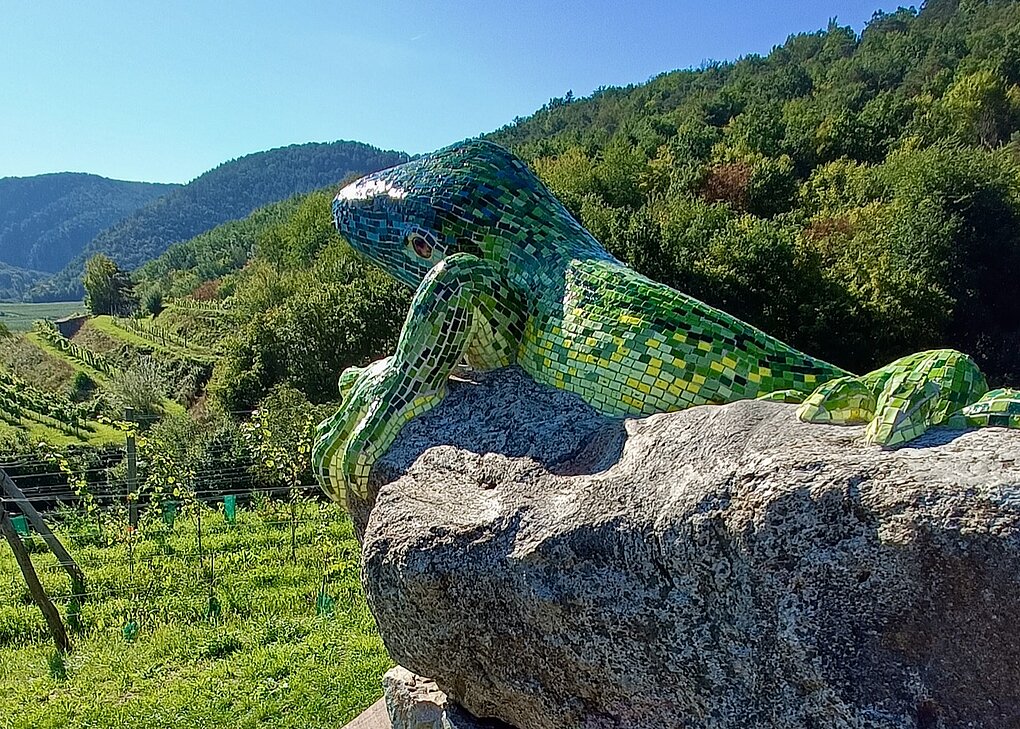
In an age defined by climate emergency, can winegrowers in Austria’s warming Wachau react and adapt fast enough to maintain the region’s historic pole position?

In an age defined by climate emergency, can winegrowers in Austria’s warming Wachau react and adapt fast enough to maintain the region’s historic pole position?
Originally trained as a musician, Simon worked variously as a sound engineer, IT consultant and alternative currency designer before wine took over his life. His writing career began in 2011 with the founding of The Morning Claret – an online wine magazine which has become one of the world’s most respected resources for natural, artisanal, organic and biodynamic wine.
His work is published in many print and online publications, including Decanter, World of Fine Wine and Noble Rot. Simon has twice won the Roederer International Wine Writing Award, most recently for his first book, Amber Revolution: How the World Learned to Love Orange Wine, published in 2018 and since translated into five languages. His second book, Foot Trodden, is a collaboration with author and photographer Ryan Opaz and celebrates artisanal winemaking in Portugal.
Simon is also active as a wine judge, translator and editor. He is a keen cook and lover of music ranging from Stockhausen to ClownC0re. He lives in Amsterdam with his partner Elisabeth.
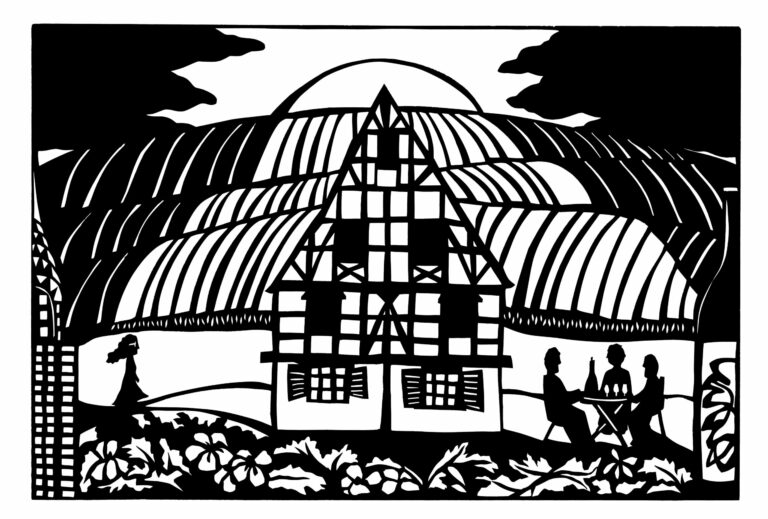
For a Jewish baby boomer like me, the Holocaust was always part of my DNA. Yet, I was not the child of survivors. My Polish grandparents were safely in the United States by the 1920s. The family they left behind were mostly killed. In yeshiva, where I spent a dozen years splitting my curriculum between religious and secular studies, we were frequently subjected to footage of emaciated bodies, piled up for burning or disposal. Teachers didn’t hide the numbers tattooed on their arms. But the personal horror stories my cousins told of Polish concentration camps and ghettos were the images…...
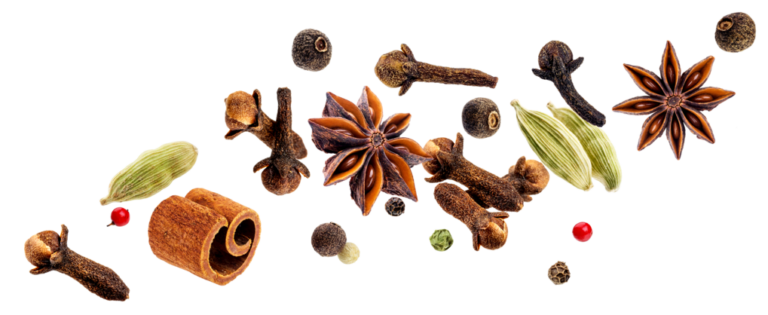
Picture yourself at a German holiday market (if such things were happening in 2020) — a mug of glühwein in hand and the scent of fresh pfeffernuss cookies in the air. It’s no surprise that these warm, spicy aromas are key attributes in many wines from Germany and Austria, South Tyrol, and the German-speaking parts of Switzerland. And there’s a hidden world of compounds and precursors to thank for this distinctive and alluring range. Much like a chef in the kitchen, growers can influence the aromatic and flavor complexity of their wines by playing with soil type, exposition, vine age,…...
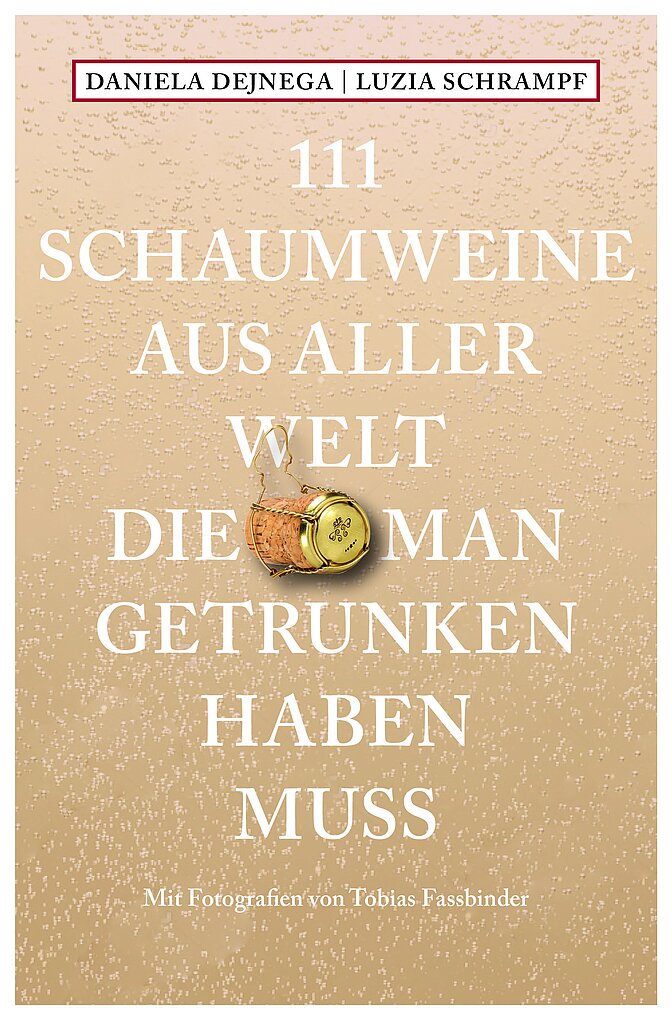
The world of sparkling wines is changing for the better. The number of producers approaching this beverage in serious, artisanal, and creative ways continues to climb. “Grower Sekt” from Austria and Germany is very much en vogue. We are witnessing a tremendous push to quality. For a long time, “mass over class” was the motto, especially in Germany. But for a new generation, awareness of terroir and a trend toward reducing residual sugar are increasingly the focus. No stone has been left unturned in Austria, either. For several years, Austrian Sekt has been governed by a three-tiered quality pyramid: “Sekt…...
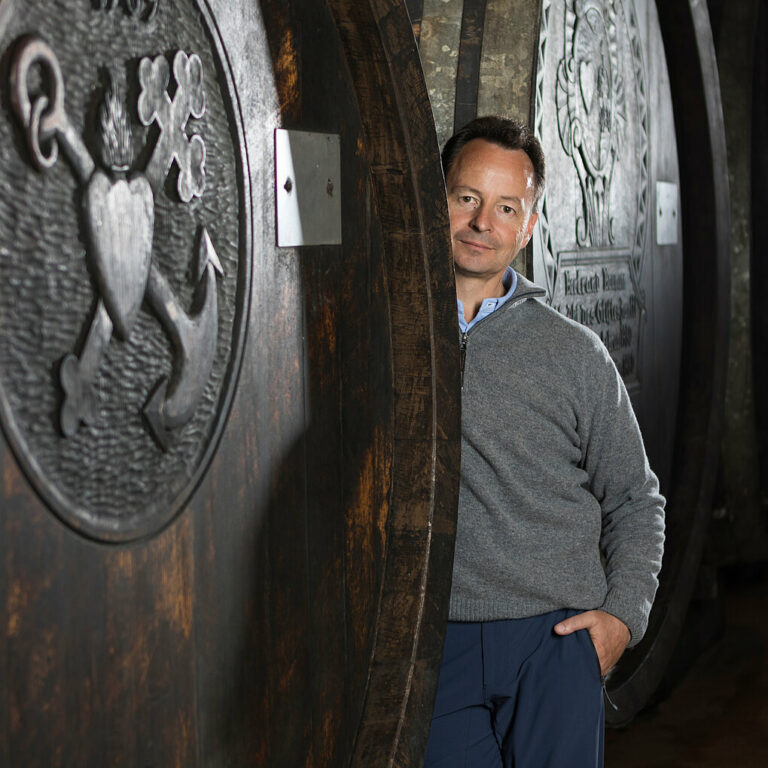
It’s hard to think of any one who has had greater influence over where Austrian wine is heading than Schloss Gobelsburg proprietor and Austria’s Traditionsweingüter (ÖTW) chairman Michael Moosbrugger. In part two of their conversation, David Schildknecht sounds out Moosbrugger on classification, appellation, and how music can illuminate wine. The following interview – translated and edited by the interviewer – was conducted in writing as well as orally in spring 2022. Occasional excerpts from earlier conversations and correspondence have been interpolated. Consolidation under topical headings as well as the insertion of punctuation were at the interviewer’s discretion in an effort…...
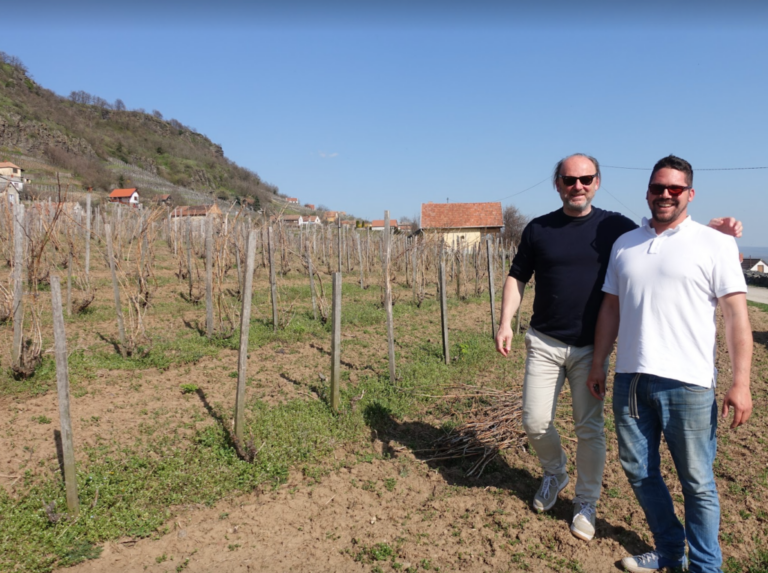
A map of vanished Pannonian wine culture is beginning to reemerge with regional heroes such as Roland Velich and Tamás Kis leading the way.
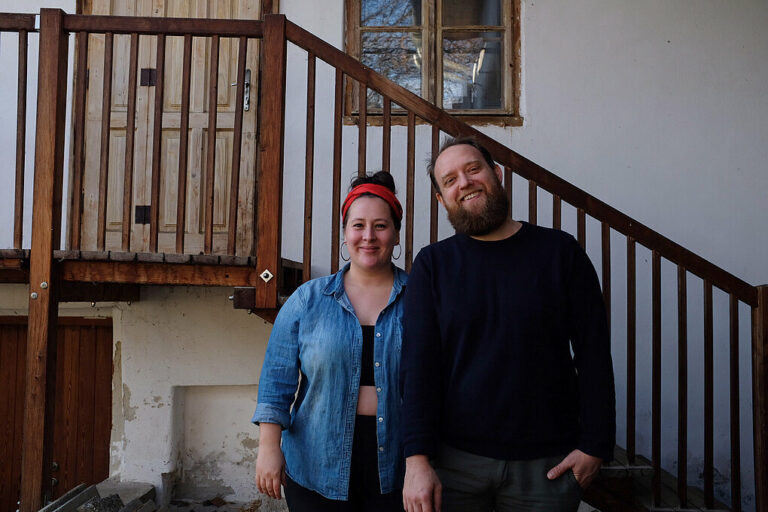
Home is where the vines grow. We’ve all heard variations on that theme. But just how far can that idea be taken? Wein Goutte offers one answer. This portable micro-estate — whose first vintage sold out in a blink — is the brainchild of husband-and-wife team Christoph Müller and Emily Campeau. The concept goes beyond negociant but stops well short of flying winemaker. And it presents an entirely new model for a footloose generation’s interpretation of the relationship between vintner and site. Campeau, a fierce lover of food and wine (and a vivid writer on both), is originally from Québec. Her experiences…...
Enjoy unlimited access to TRINK! | Subscribe Today